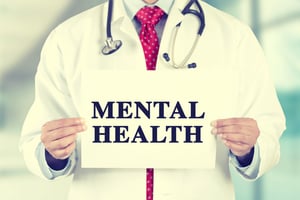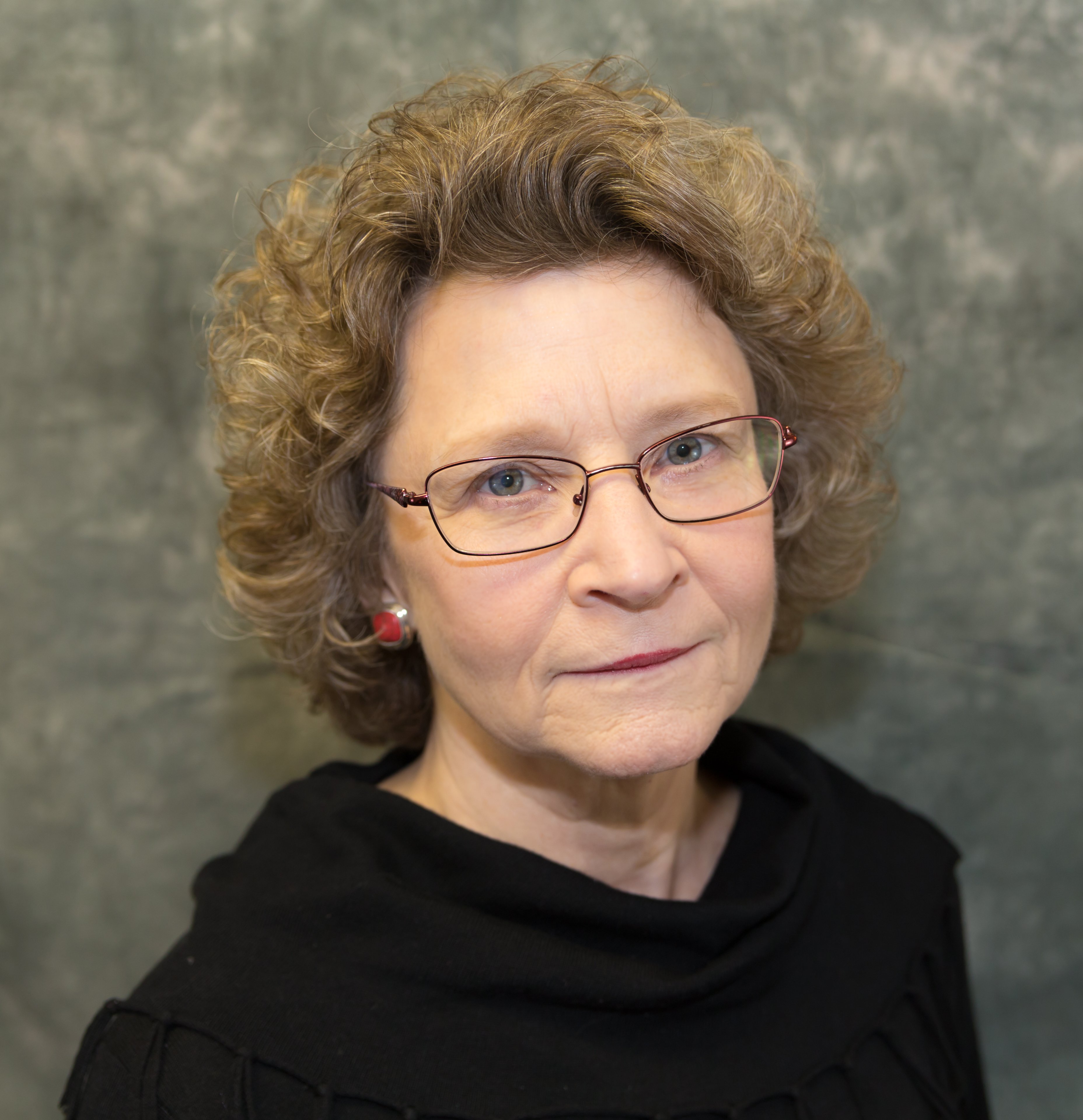“Well being is the complete integration of body, mind, and spirit—the realization that everything we do, think, feel and believe has an effect on our state of well being.” – Greg Anderson
A recent Medscape report said, “Physician burnout is a major issue among physicians, and recent tragedies of physician suicide show just how extreme and how devastating this situation remains.” This article will address physician burnout, depression and suicide and what can be done to help.
Burnout
There are various definitions of burnout, but in general burnout manifests itself as a feeling of physical and emotional exhaustion that more often results in a loss of personal accomplishment and of personal identity. In Medscape’s 2019 report, “44% of physicians reported feeling burned out, 11% were ‘down, blue or sad’ and 12-19% were clinically depressed.” Factors leading to burnout include too many administrative tasks, long hours, working on EHRs and not feeling appreciated or respected.
Depression and Suicide
Although physicians, globally, have a lower mortality risk from cancer and heart disease relative to the general population, they have a significantly higher risk of dying from suicide.
“Medical training teaches us to ‘suck it up’, so seeking help is not a well-honored skill among doctors,” says Pamela Wible, MD, a leading voice in combating the physician suicide epidemic. Physicians have the highest rate of suicide of any profession and twice that of the general population. It is estimated that at least one physician, each day, commits suicide.
In addition, even though depression is a “leading factor in Myocardial Infarction” in male physicians, the stigma associated with depression prevents them from reaching out for help. A majority of the research done on the topic of burnout asserts that the medical profession attracts people who are a combination of “hard working, perfectionistic, competitive and who have high self-expectations which does not allow for mistakes.” According to Dr. Gabbard, a well-known psychiatrist who is now deceased, a typical physician’s need for perfection manifests itself in behaviors which eventually lead to a chronic feeling of “not doing enough and/or of not being good enough.” As a result, they find it difficult to relax, they have problems with work/life balance, they have a strong sense of responsibility beyond their control, they struggle with setting limits, and they confuse selfishness with having a healthy self-interest.
Beyond Burnout
Beyond burnout, there are other occupational hazards that can impact well being. An AMA report showed that 42.2% of physicians had had a medical liability claim filed against them at some point in their careers; 5% had been sued in the previous 12 months and 20% had been sued more than once. Legal stressors and the emotional and mental impact of litigious situations can take a toll on well being and functioning. Studies have shown that physicians who have been sued experience higher levels of stress, emotional distress and depressive symptoms. Left unaddressed, these feelings can leave physicians more vulnerable to work performance issues that can lead to further adverse events and potentially, malpractice claims.
Why not seek help?
Several studies have reported that few medical students or physicians seek help, primarily because of embarrassment, confidentiality concerns and fear of stigmatization. These concerns are common with most physicians and might become a source of torment as well. It is interesting to note that, “at matriculation, medical students have mental health profiles better than peer’s who choose another career. However, by the later years of training, studies suggest a high prevalence of depression and anxiety with levels of overall psychological distress consistently higher than the general population and age matched peers.” Suicide is the second leading cause of death, amongst medical students, with accidents being the first.
When burnout, anxiety, depression, stress management and relationship issues go unaddressed, the overall well being of the physician, his or her family life and the well being of the patient’s they serve are at risk.
Mitchell Best, CEO of VITAL WorkLife™, articulated the problem very well, “Physician stress and burnout is prevalent and increasing—some would say it has grown to the point of epidemic, even a threat to public health. Physicians are a precious resource and they are suffering. When physicians suffer, the downstream effects on patient safety and satisfaction, risk management, staff retention and recruiting are immense.”
 Many healthcare organizations like yours have become more proactive about helping their clinicians by offering physician well being programs that focus on the occupational risks to the well being of healthcare professionals.
Many healthcare organizations like yours have become more proactive about helping their clinicians by offering physician well being programs that focus on the occupational risks to the well being of healthcare professionals.
In 2018, secondary mental health concerns of anxiety, stress and depression were identified most frequently with the calls received at VITAL WorkLife. Once physicians start working with a peer coach or consultant, the consultant will often identify a secondary concern, which is an underlying issue affecting the individual. We know how hard you work—please know that we hear you, we see you and we are here for you. You do not need to suffer alone.
We Can Help
Allow yourself to get the help you need. To access your VITAL WorkLife resources, contact us at 877.731.3949 or through your VITAL WorkLife App. You can log onto your Member Site for numerous resources to support your mental health.
Not a Member?
If you are interested in learning more about our solutions designed to meet the unique needs and challenges of healthcare providers, including our Physician Well Being Resources solution, contact us online or at 877.731.3949.
Sources:
Kane, Leslie, MA. Medscape – National Physician Burnout, Depression & Suicide Report – 2019.
Wible P. Doctors and Depression: Suffering in Silence; May 11, 2017.
Dyrbye, Liselotte N. MD et al. Academic Medicine: July 2015 – Volume 90 – Issue 7 – p 961- 969.
Kelly, Greg. 12 Telling Points About Physician Stress and Burnout: April 29, 2015.


